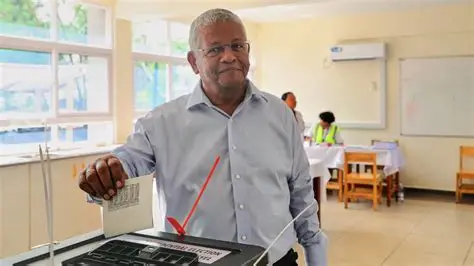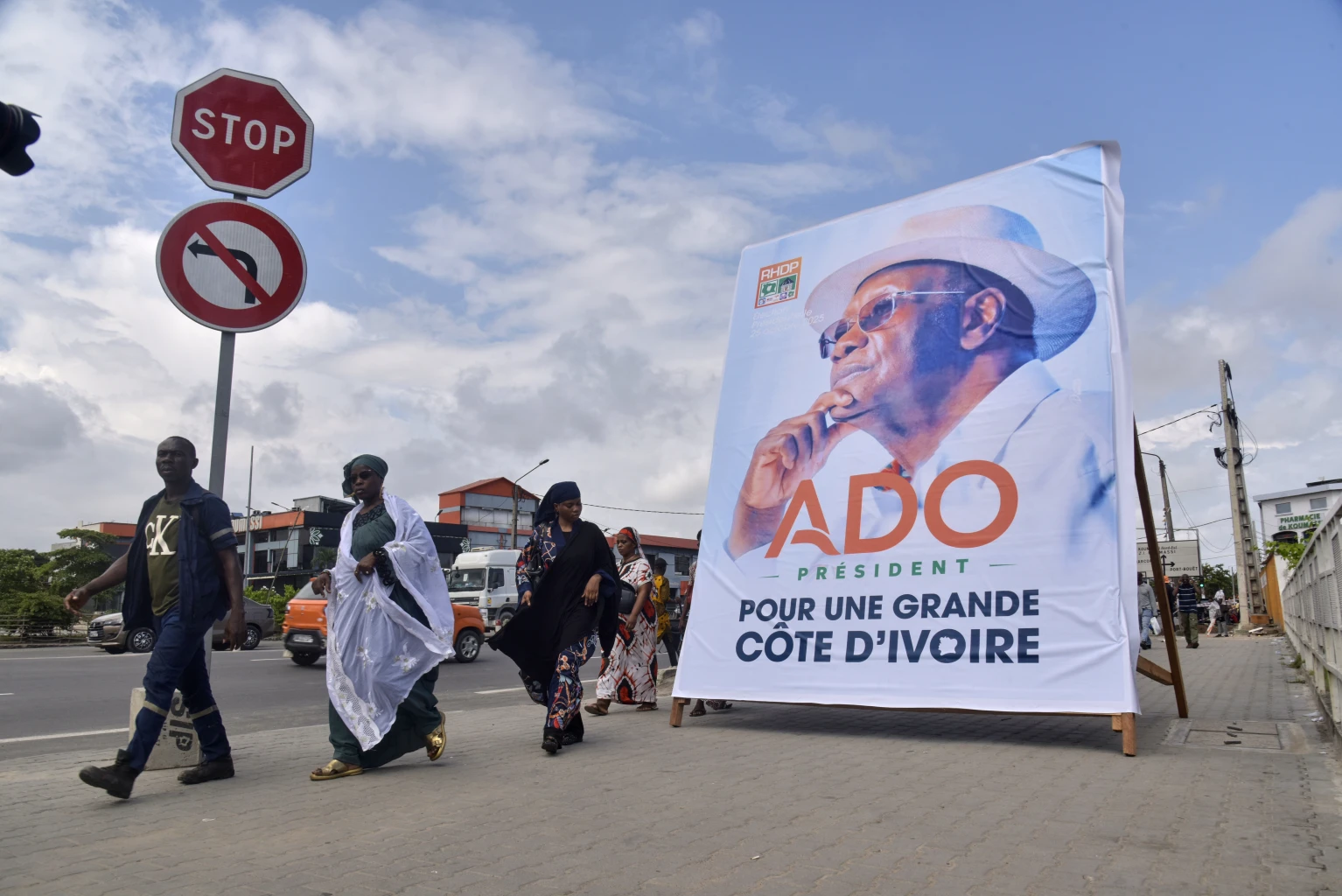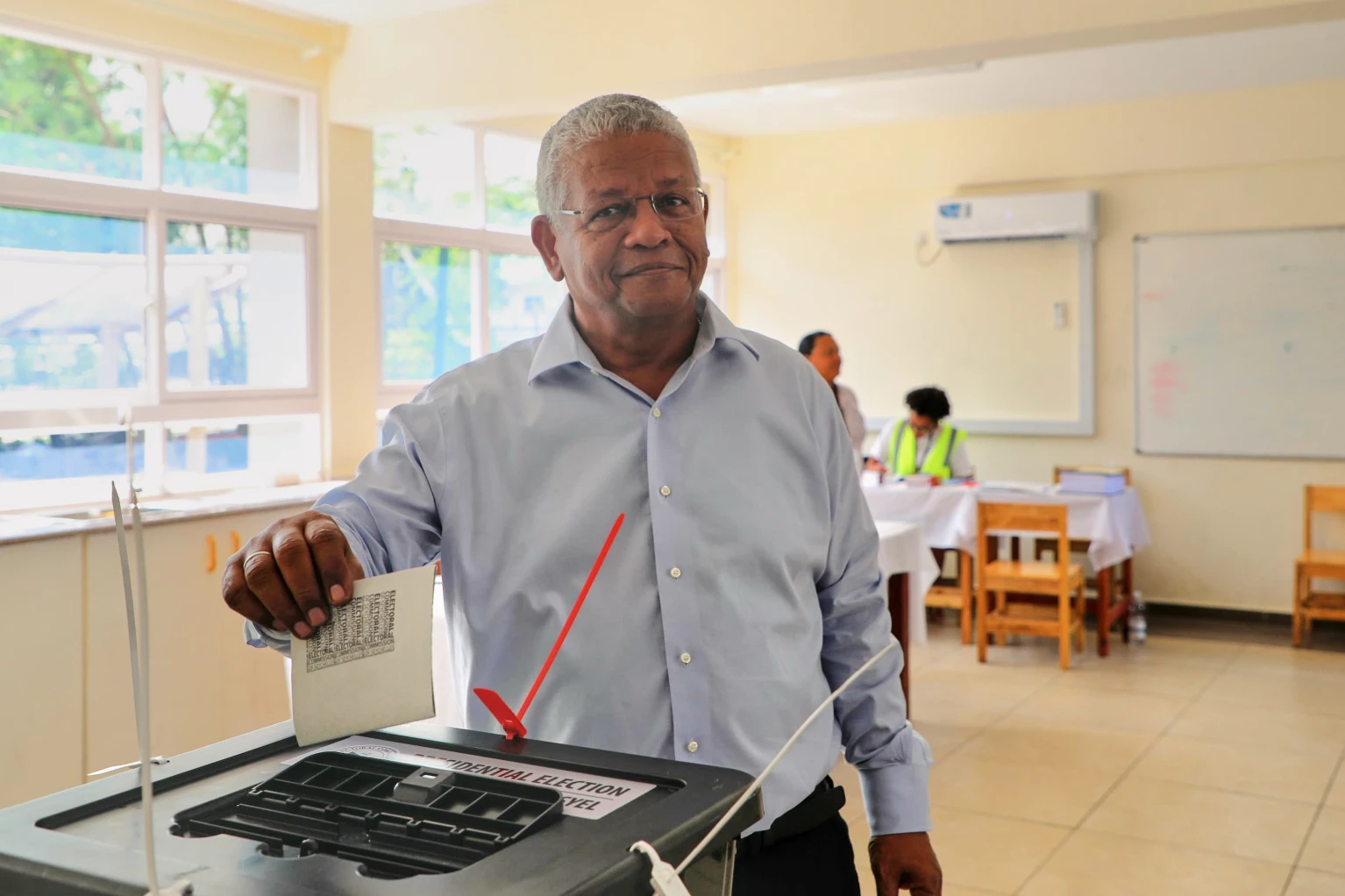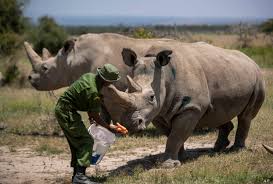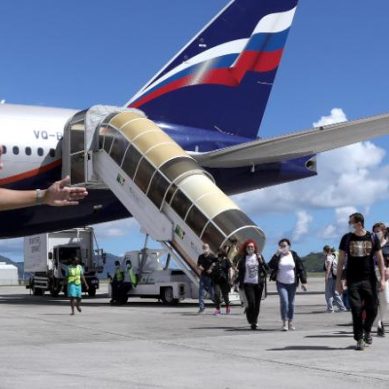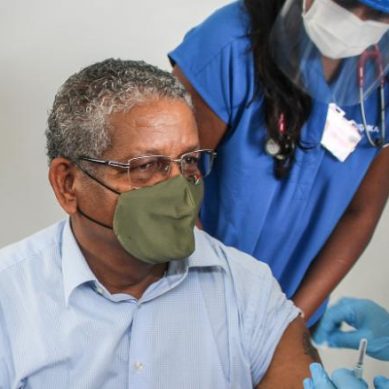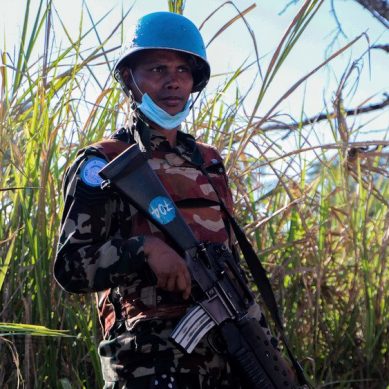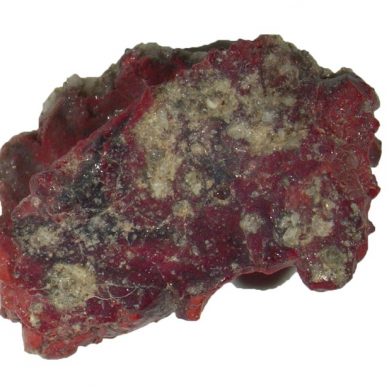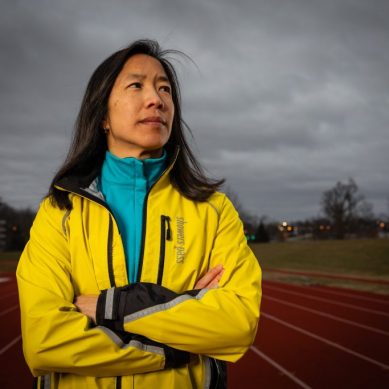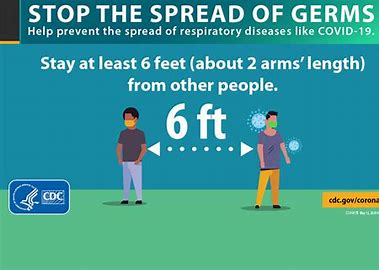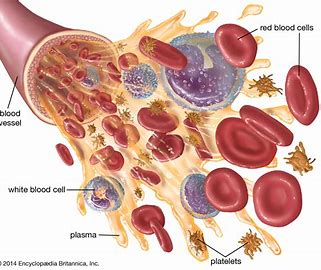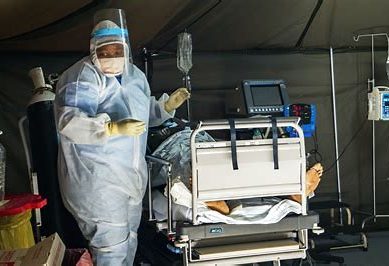Wildlife conservation goes nuclear as endangered African rhino project is launched
A nuclear science-based project with high potential to drastically reduce rhino poaching in Africa was mid this month (May) launched in South Africa. It is expected that the success of the project will decrease the demand for rhino horn on the international market as well as make the it more...
Exit of UN forces exposes millions of South Sudanese refugees to police abuses
As United Nations Mission in South Sudan (UNMISS) forces surrender refugee camps under their protection to the government, national police in Juba concede that camp residents don’t trust them. “Up to now, we have not taken over the in terms of handling their security issues,” said Daniel Justin...
Seychelles: Bigger worry is impact of low tourist arrivals, not Covid infection
The Seychelles vaccination puzzle is a reminder that even after widespread vaccinations, infections are unlikely to stop completely. This is because, although 61.4 per cent of the population is already fully immunised that hasn’t been enough to stop the rapid spread of the virus. The vaccines available are able to...
Irony of Seychelles’ 60 per cent vaccinated and sharp rise in Covid infections
While other nations struggle to secure enough vaccines, the Seychelles is in the enviable position of having already fully immunised more than 61.4 per cent of the population. But that hasn’t been enough to stop the spread of Covid. Over the past month, case numbers have been rising in the...
South Sudan’s refugees fear army brutality as UN forces pull out of protection camps
When she was just nine, Sara Nyatapa fled to a UN camp as South Sudanese government soldiers launched attacks against members of her community during the heat of the civil war. Seven years later, the 16-year-old fears the past may repeat itself after peacekeepers transferred responsibility for protecting her camp...
Research finds first nuclear detonation created ‘impossible’ quasicrystals
Scientists searching for quasicrystals – so-called ‘impossible’ materials with unusual, non-repeating structures – have identified one in remnants of the world’s first nuclear bomb test. The previously unknown structure, made of iron, silicon, copper and calcium, probably formed from the fusion of vaporized desert sand and copper cables. Similar materials...
Covid: Social distancing is a fallacy based on untested studies of the 1930s and 40s
In 2011, the finding that the flu virus was where early textbooks said it should not be – hiding in the air, most often in particles small enough to stay aloft for hours, should have been major news. Instead, the major medical journals rejected her manuscript. Even as Linsey Marr...
Covid19 is not airborne: The 60-year-old scientific screwup that helped coronavirus kill
Early one morning, linsey Marr tiptoed to her dining room table, slipped on a headset and fired up Zoom. On her computer screen, dozens of familiar faces began to appear. She also saw a few people she didn’t know, including Maria Van Kerkhove, the World Health Organization’s technical lead for...
Can plasma transfusions slow down or ‘eliminate’ aging? Scientists disagree
Many age-elevated factors have been identified, but finding drugs for each one is a challenge. Plasma dilution, by comparison, knocks them all down – and others as yet unknown – in one fell swoop. The Conboys, together with blood specialist Dobri Kiprov from the California Pacific Medical Centre in San...
Covid: Overstretched Kenya scrambles for oxygen as incidents of India-like cases rise
At the peak of Kenya’s third wave of Covid-19 in March, hospitals – buckling under the strain of the virus – saw their oxygen reserves fizzle out. Since then, they have been scrambling to increase capacity of the lifesaving element, fearing the nightmare scenario currently unfolding in India due to...
